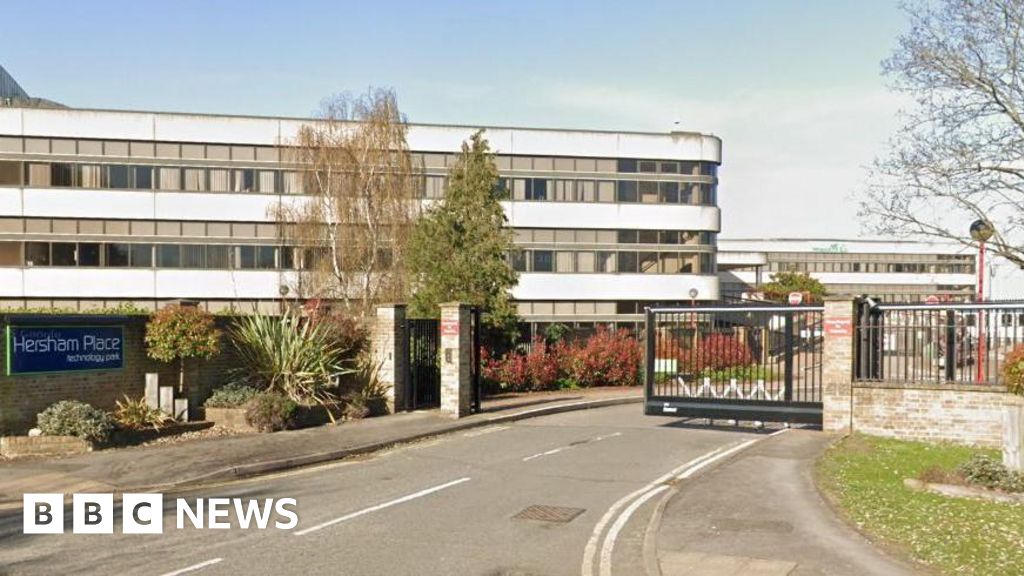AI-Powered Facial Analysis Offers Hope for Early PTSD Detection in Children

Revolutionary Technology Developed at USF Could Transform Childhood PTSD Diagnosis
Diagnosing Post-Traumatic Stress Disorder (PTSD) in children, particularly those too young to articulate their experiences, can be incredibly challenging. Now, researchers at the University of South Florida (USF) have unveiled a groundbreaking technology utilizing artificial intelligence to analyze facial expressions, offering a promising and privacy-conscious tool for clinicians. This innovative approach holds the potential to significantly improve the early detection and tracking of trauma in young patients, ultimately leading to more effective interventions and improved outcomes.
The Challenge of Diagnosing PTSD in Young Children
Young children often lack the verbal skills to describe traumatic events or the emotional distress they experience. This makes traditional diagnostic methods – relying heavily on interviews and self-reporting – less reliable. Furthermore, subtle behavioral changes and emotional responses can be easily overlooked, delaying diagnosis and hindering access to crucial support services. The current diagnostic process can be lengthy, subjective, and potentially re-traumatizing for the child.
USF's AI-Powered Solution: A New Era in Trauma Assessment
The USF-developed technology addresses these challenges by leveraging the power of AI to objectively analyze facial expressions. The system is trained to recognize subtle micro-expressions and patterns indicative of trauma-related distress, even when a child isn't consciously expressing those emotions. The technology doesn’t rely on verbal communication, making it particularly valuable for assessing very young children or those who have difficulty verbalizing their feelings. The system analyzes video recordings of children's faces, identifying key facial muscle movements and correlating them with indicators of PTSD.
Privacy-Preserving and Clinically Valuable
A key advantage of this technology is its commitment to privacy. The analysis is performed in a way that protects the child's identity and sensitive information. Data is processed securely, and clinicians receive reports summarizing the findings without revealing personally identifiable details. This approach helps to alleviate concerns about data breaches and ensures ethical use of the technology.
Potential Impact and Future Directions
The implications of this technology are far-reaching. Early detection of PTSD can lead to timely interventions, such as therapy and support services, which can significantly reduce the long-term impact of trauma on a child's development. Researchers envision this technology being integrated into clinical settings, schools, and even crisis intervention programs. Future research will focus on refining the AI algorithms, expanding the database of facial expressions, and exploring the technology's effectiveness in diverse populations. The USF team is also investigating the possibility of adapting the technology to detect other mental health conditions.
“This technology represents a significant step forward in our ability to understand and respond to the needs of children who have experienced trauma,” says [Insert quote from USF researcher here – if available]. “By providing clinicians with an objective and privacy-preserving tool, we can help ensure that these vulnerable children receive the support they deserve.”
Looking Ahead: A Brighter Future for Childhood Trauma Care
The USF-developed facial analysis technology offers a beacon of hope for improving the lives of children affected by trauma. By harnessing the power of AI, researchers are paving the way for more accurate, efficient, and ethical PTSD diagnosis, ultimately contributing to a brighter future for childhood trauma care.






